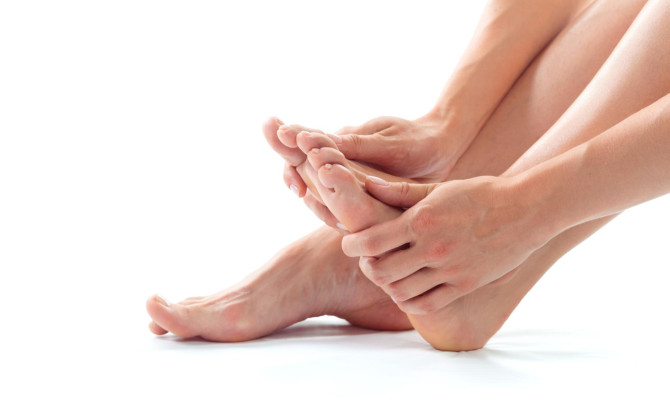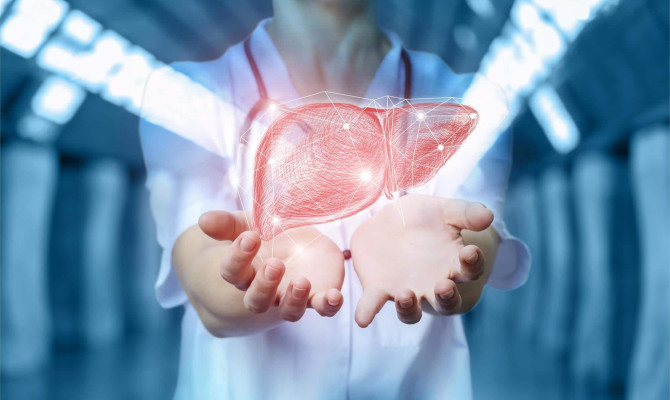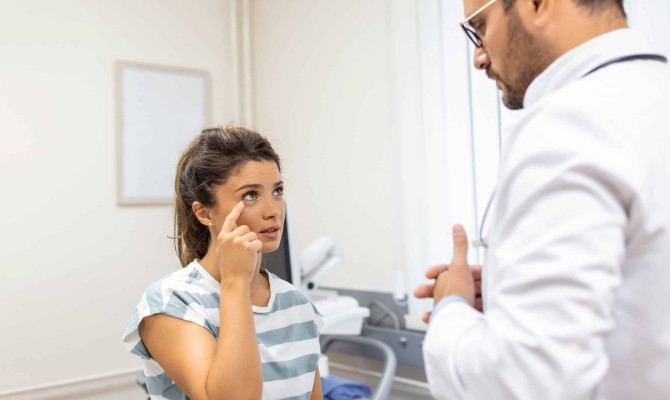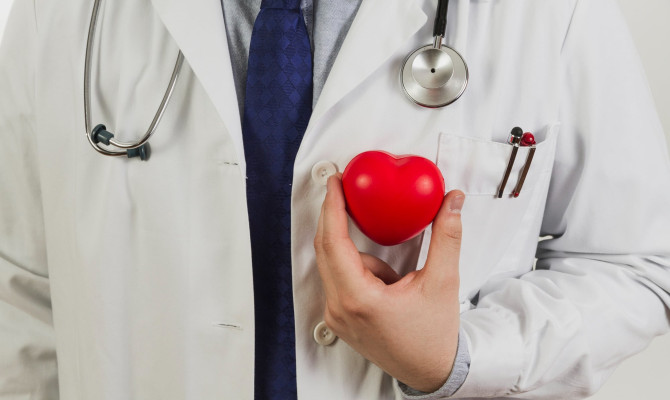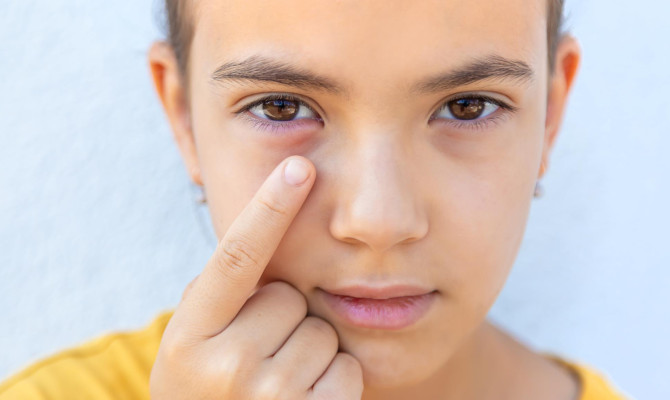Rosacea vs Eczema: Causes & Management

- Rosacea
- 20 Oct 2023
Introduction
Rosacea & Eczema
Skin conditions can be perplexing, often presenting similar symptoms that challenge diagnosis. Rosacea and eczema skin disorders share characteristics that can lead to confusion. For an accurate diagnosis and successful treatment, it’s essential to understand the subtle differences between these illnesses.
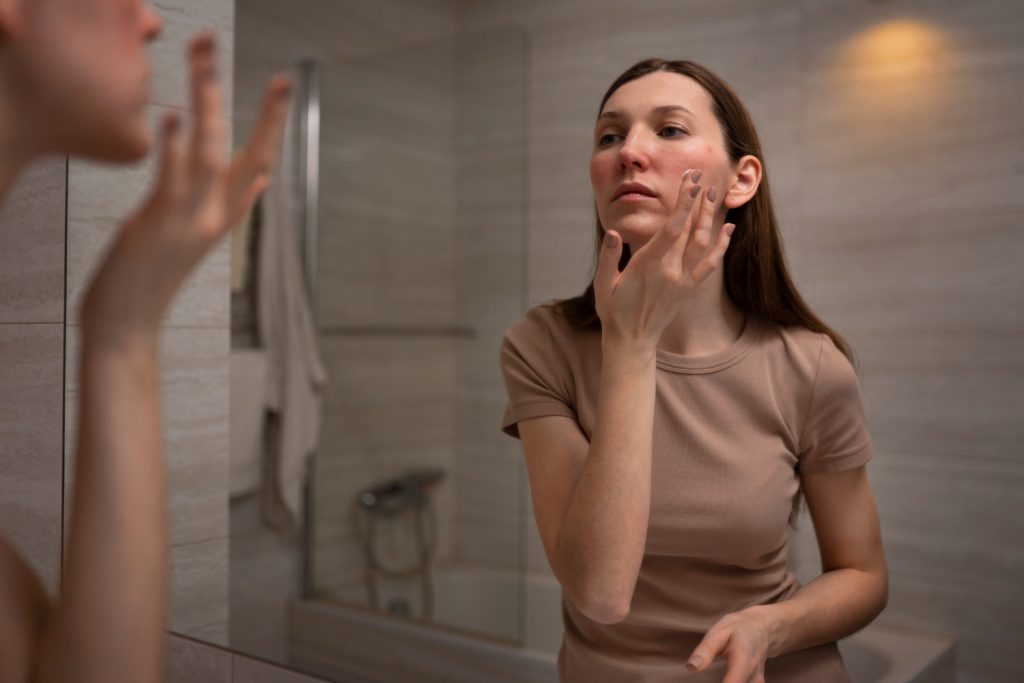
This comprehensive article delves into the distinct rims of both conditions, exploring their causes, symptoms, and unique identifiers. By navigating through the intricacies of their diagnosis and considering treatment modalities, the aim is to equip readers with the knowledge needed to differentiate between these skin conditions.
Rosacea vs Eczema
Rosacea Vs Eczema
What is Rosacea?
- It has redness, blood vessels, and occasionally little pimples that are red and packed with pus.
- It often affects the face, particularly the nose, cheeks, forehead, and chin.
- It can also involve eye irritation and thickening of two people’s skin, including factors like sunlight, spicy foods, and stress. 1 Rosacea | Researched based study from National Institutes of Health
What is Eczema?
- It is also known as dermatitis, a group of skin conditions that cause inflammation, itching, and redness.
- Eczema comes in several forms, with atopic dermatitis being the most prevalent.
- It frequently has to do with the immune system of the body responding excessively to an irritant. It can appear anywhere on the body, characterized by dry, itchy skin and, in some cases, blisters.
Differences in appearance
While both conditions can involve redness, their patterns and accompanying features help differentiate them:
- Rosacea typically involves central facial redness, often sparing the eye area. The presence of visible blood vessels and acne-like bumps is characteristic.
- Eczema tends to be more diffuse, affecting more significant areas. In children, it frequently shows up on the cheeks, the elbows, and behind the knees. This skin is often dry and itchy and may show signs of oozing or crusting during flare-ups.
Importance of differentiating between rosacea and eczema
Distinguishing between these two is vital for several reasons-
- Firstly, their treatment approaches differ significantly.
- While both conditions may involve managing inflammation, the specific medications and lifestyle adjustments vary.
- Misdiagnosis can lead to ineffective treatment, potentially exacerbating symptoms.
Symptoms
Rosacea & Eczema Symptoms
Rosacea Symptoms:
- Redness
- Visible blood vessels
- Papules and pustules
- Skin thickening
- Eye irritation
Facial redness
- Persistent redness that is present in the center of the face and resembles a sunburn.
Visible blood vessels
- Small, visible blood vessels on the skin surface.
Papules and pustules
- Red bumps and pus-filled religion similar to acne but without blackheads.
Thickening of the skin
- The skin may become thicker with time, especially on the nose. (rhinophyma)
Eye irritation
- It may sometimes affect the eyes, causing irritation, dryness, and redness. 2 Symptoms | Researched based study from National Institutes of Health
How do I know if I have eczema?
- Itching
- Dry skin
- Inflammation
- Blisters
- Cracking or oozing
Itching
- Eczema is characterized by severe itching, which can result in scratching and further skin damage.
Dry and sensitive skin
- The skin appears dry and rough and may be susceptible to irritants.
Inflammation
- Redness and inflammation are common, especially during flare ups.
Blisters or vesicles
- Fluid-filled blisters or vesicles may appear particularly in acute cases.
Cracking and oozing
- Skin affected makes cracks loose or weep clear fluid. 4 Symptoms| Researched based study from National Institutes of Health
Causes
Rosacea & Eczema Causes
Rosacea Causes:
- Genetics
- Dysregulation of the immune system
- Dermatitis mite
- Vascular abnormalities
- Environmental triggers
- Demographic factors
- Hormonal effects
Genetics
- A family history can increase the likelihood of developing this condition, suggesting a genetic component.
Dysregulation of the immune system
- It may be influenced by the immune system, causing inflammation and skin problems.
Dermatitis mite
- The presence of a skin mite called Demodex folliculorum is associated with it.
Vascular abnormalities
- Blood vessel abnormalities leading to dilation and increased blood flow contribute to the characteristic redness of rosacea.
Environmental triggers
- Various environmental factors can cause the symptoms to appear or to get worse. These might include exposure to sunlight, extreme temperatures, wind, spicy foods, hot beverages, and alcohol.
Demographic factors
- Although it can afflict anyone, it appears to be more prevalent in fair-skinned people of Northern European heritage.
Hormonal effects
- Menopause-related hormonal changes, for example, may contribute to the development of exaggerated symptoms. 2 Causes | Researched based study from National Institutes of Health
Eczema Causes:
- Genetics
- Abnormal immune reaction
- External factors
- Dry skin
- Changes in temperature
- Stress
- Specific foods
It is a complicated skin disorder with a number of underlying causes
Genetics
- Genetics and family history are important factors in eczema.
Abnormal immune reaction
- It is frequently linked to an overly responsive immune system to particular triggers, which results in inflammation and skin irritation.
External factors
- The symptoms may be exacerbated or triggered by exposure to specific environmental factors.
- These may include irritants like soaps, detergents, and solvents, as well as allergens like pollen, dust mites, pet dander, and mold.
Dry skin
- People with dry skin are more prone to developing eczema.
- A weak skin barrier that allows moisture to escape and increases the skin’s susceptibility to return is a common feature of condition.
Changes in temperature and humidity
- Extreme temperatures and low humidity can contribute to dry skin, potentially triggering eczema flare-ups.
Stress
- Emotional stress can exacerbate the symptoms, although it is not a direct cause.
- Techniques for managing stress are frequently suggested as part of treatment.
Certain foods
- Meal allergies are not frequently the cause of eczema. However, some people may discover that a certain meal might worsen or worsen their eczema. Dairy products, eggs, nuts, and seeds are typical culprits.
Diagnosis
Rosacea & Eczema Diagnosis
Diagnosis of Rosacea
Clinical examination
- Healthcare professionals often diagnose rosacea based on thyroid clinical examination considering the characteristic symptoms like facial redness, visible blood vessels and papules and pustules.
Medical history
- Gathering information about the patient’s medical record, including family history of skin conditions can help in the diagnostic process.
Elimination of other conditions
- Since rosacea shares some features with other skin conditions, such as lupus or acne doctors may perform tests to eliminate these possibilities.
Dermoscopy
- In some cases, dermatologists may use Dermoscopy, a technique that involves examining the skin using the specialized magnifying tool to help in diagnosis.
Diagnosis of Eczema
Patch testing
- In cases where contact dermatitis is suspected, patch testing may be conducted to identify specific allergens or irritants triggering eczema.
Skin biopsy
- A skin biopsy may be done in some circumstances to rule out other skin disorders and to give a more thorough understanding of the Histology of the skin.
Abstinence diets
- Elimination diets may be advised in cases where food allergies are suspected in order to identify certain trigger foods.
Differentiating characteristics
- Rosacea is frequently recognized by facial redness, visible blood vessels, and pimples that resemble acne.
- The absence of significant itching is a distinguishing feature.
- On the other hand, eczema is characterized by severe itching and delicate, dry skin. It is a standard indicator in flexural areas (behind the knees and elbows).
Special considerations for dual diagnosis:
Individualized approach
- A dual diagnosis requires a personalized treatment plan that addresses both conditions. Treatment strategies may need to be carefully coordinated to avoid exacerbation of either disease.
Minimizing irritants
- Individuals with both rosacea and eczema should be cautious about skin care products and environmental factors that could trigger or worsen symptoms of either condition.
Consultation with specialists
- Collaborative care involving both a dermatologist and relevant specialist may be beneficial for comprehensive management.
Treatment
Rosacea & Eczema Treatment
Rosacea Treatment Options:
Topical medications
- To lessen redness and irritation, prescription lotions or gels with substances like metronidazole or azelaic acid may be advised.
Antacids taken orally
- Antibiotics like doxycycline or minocycline can be used to treat bacterial factors that contribute to inflammation and regulate it.
Topical retinoids
- Retinoids like tretinoin may be used to help improve skin texture and reduce inflammation.
- Targeting visible blood vessels with intense pulsed light or laser therapy can lessen redness.
Avoiding triggers
- Identify and avoiding triggers such as certain foods and beverages or environmental factors are crucial in managing the condition. 3 Treatment | Researched based study from National Institutes of Health
Eczema Management Strategies:
Topical corticosteroids
- These anti-inflammatory creams or ointments help reduce itching and inflammation during Eczema flare ups.
Moisturizers
- Regular application of emollients helps keep the skin hydrated, reducing dryness and preventing flare ups.
Topical calcineurin inhibitors
- Tacrolimus and pimecrolimus are examples of drugs that can be used to inhibit the immune system and reduce inflammation.
Antihistamines
- Oral antihistamines can ease itching, especially at night, enhancing the quality of sleep.
Wet wrap therapy
- In severe cases where trap therapy involves applying a damp layer over tropical treatments to enhance their effectiveness. 5 Treatment | Researched based study from National Institutes of Health
Will eczema go away itself?
- It can improve or even go into remission for some people, it may not completely go away for others.
- As people become older, it frequently gets better, especially in kids. Some children with eczema may outgrow the condition, while others may continue to experience intermittent flares or have periods of remission.
- For adults, it can also show variability. Although eczema cannot be cured, careful management can greatly lessen symptoms and enhance the quality of life for people who suffer from it.
Home Remedies
Rosacea & Eczema Home Remedies
Home Remedies for Rosacea:
Gentle skincare routine
- Use a mild fragrance-free cleanser, and avoid harsh or abrasive products that may irritate the skin.
Sun protection
- Use a high SPF broad-spectrum sunscreen to shield your skin from the sun. Additionally, use hats and seek shade when outdoors.
Temperature control
- Manage temperature extremes by staying cool in hot weather and bundling up in cold weather to minimize triggers.
Dietary modification
- Identify and avoid potential trigger foods such as spicy dishes or hot beverages.
Green tea compress
- Applying a cool green tea compress may help to control inflammation. It contains anti-inflammatory compounds.
Oatmeal baths
- The related itch and irritation can be soothed by soaking in an oatmeal bath. 7 Home Remedies | Researched based study from National Institutes of Health
Home Remedies for Eczema:
Here are some of the ways to cure eczema naturally
Hydration
- Keep the skin well hydrated by regularly applying a hypoallergenic moisturizer. This is crucial in preventing dryness and reducing eczema flare-ups.
Olive oil or coconut oil
- Applying natural oils like olive oil or coconut oil may help moisturize the skin and reduce inflammation.
Colloidal oatmeal bath
- This might give the skin a barrier of protection and ease itching.
Cold compress
- A cold compress can be used to ease irritation and lessen inflammation.
- Avoiding irritants such as harsh soaps, fragrances, and certain fabrics that can trigger the symptoms. 6 Home Remedies | Researched based study from National Institutes of Health
Any feedback on this article?
 This Articles content was accurate
This Articles content was accurate Very Informative Article
Very Informative Article I have a question or a comment
I have a question or a comment
 This article contains inaccurate content
This article contains inaccurate content This article was not helpful
This article was not helpful I have a question or a comment
I have a question or a comment
We appreciate your helpful feedback!
Checkout our social pages
References
-
National Institutes of Health
Rosacea
-
National Institutes of Health
Symptoms | Causes
-
National Institutes of Health
Treatment
-
National Institutes of Health
Symptoms
-
National Institutes of Health
Treatment
-
National Institutes of Health
Home remedies
-
National Institutes of Health
Home remedies













